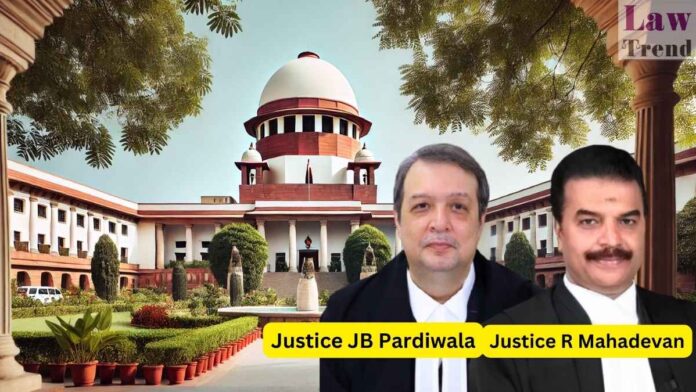The Supreme Court of India has held that a civil plaint cannot be rejected in its entirety merely because one of the prayers or reliefs sought is legally untenable, reaffirming the principle that where distinct and valid causes of action are pleaded, the suit must proceed to trial. The ruling came in Vinod Infra Developers
To Read More Please Subscribe to VIP Membership for Unlimited Access to All the Articles, Download Available Copies of Judgments/Order, Acess to Central/State Bare Acts, Advertisement Free Content, Access to More than 4000 Legal Drafts( Readymade Editable Formats of Suits, Petitions, Writs, Legal Notices, Divorce Petitions, 138 Notices, Bail Applications etc.) in Hindi and English.




